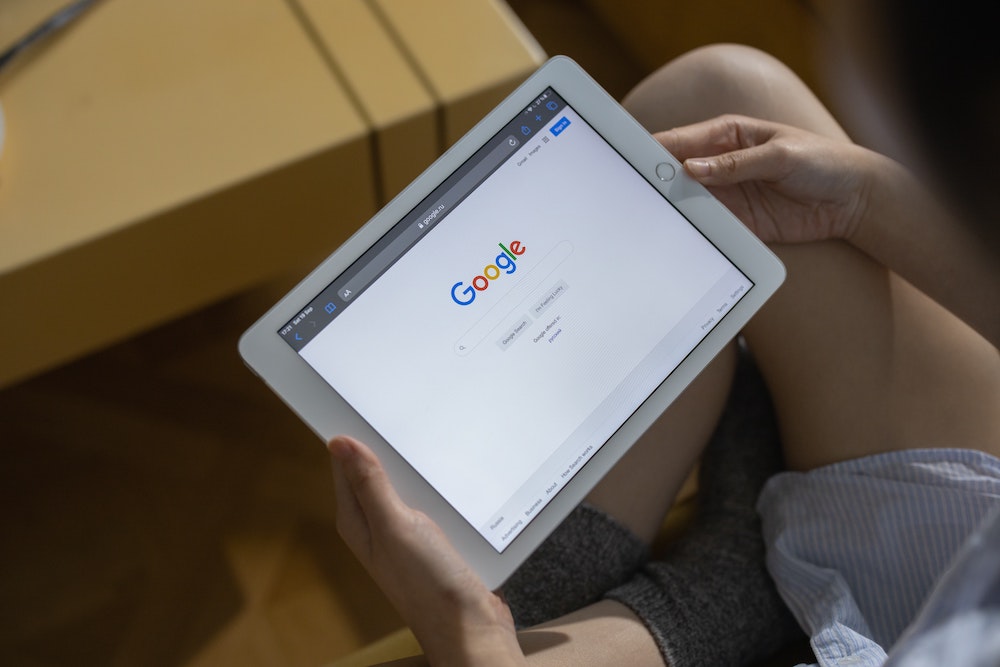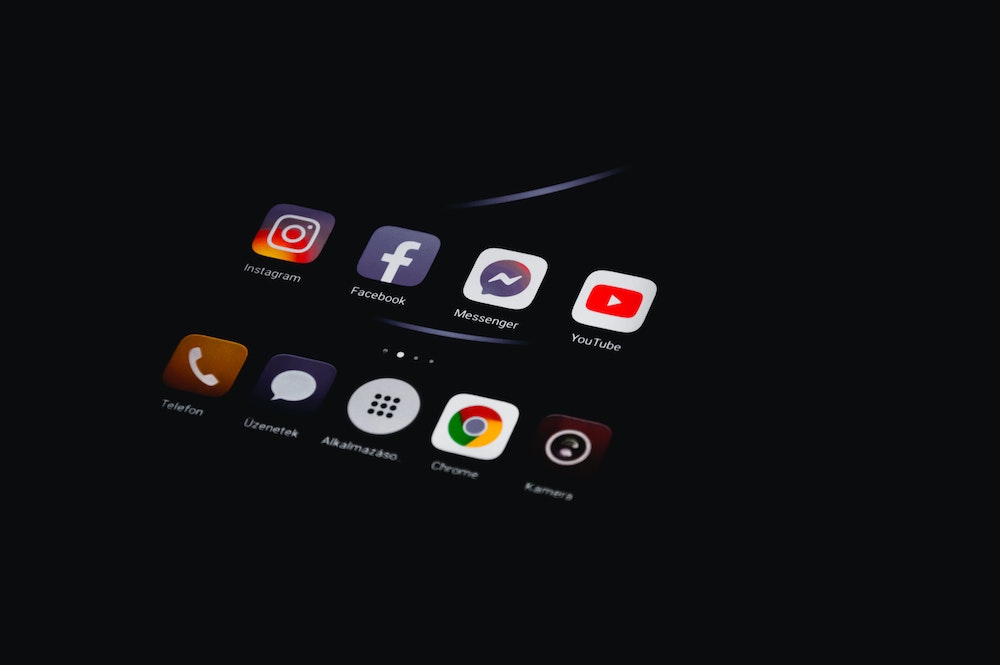Pay Per Click Advertising: Strategies, Networks, and Tools for ROI
Learn all about pay per click advertising with our comprehensive guide. Discover strategies, networks, and tools to maximize your ROI.
Pay per click (PPC) advertising is a popular form of digital advertising that allows advertisers to place ads on search engine results pages (SERPs), social media platforms, and other websites. Advertisers only pay when a user clicks on their ad, making it a cost-effective and measurable form of advertising. In this article, we will explore the basics of pay per click advertising, its advantages, disadvantages, and how it works.
PPC Advertising Table of Contents
- How Pay Per Click Advertising Works
- The Advantages of Pay Per Click Advertising
- The Disadvantages of Pay Per Click Advertising
- Types of PPC Advertising
- PPC Advertising Networks
- Keyword Research and Selection
- Ad Creation and Optimization
- Bid Management
- Measuring and Evaluating PPC Performance
- References
How Pay Per Click Advertising Works
PPC advertising is a model of digital advertising where advertisers place ads on a platform, and they only pay when users click on their ads. It works by auctioning off ad space on a search engine or social media platform to advertisers. Advertisers bid on specific keywords that are relevant to their business or product, and the highest bidder gets the top spot on the SERP.
When a user types in a query related to the keyword, the search engine displays ads that match the search intent. The ad that appears at the top of the search engine result page is the one that has won the auction. When a user clicks on the ad, they are directed to the advertiser’s website, and the advertiser pays a predetermined amount to the platform.
The Advantages of Pay Per Click Advertising
Targeted Advertising
PPC advertising enables advertisers to target their ads to specific audiences based on demographics, interests, location, and behavior. This allows businesses to reach potential customers who are more likely to be interested in their products or services.
Measurable Results
PPC advertising offers measurable results, enabling advertisers to track the performance of their ads, the number of clicks, impressions, and conversions. This makes it easier for advertisers to evaluate their ROI and make informed decisions about their advertising spend.
Quick Results
PPC advertising offers quick results, unlike other forms of advertising, such as SEO, which can take time to produce results. PPC advertising campaigns can be set up quickly, and businesses can start seeing results within a few hours.
Cost-effective
With PPC advertising, businesses only pay when users click on their ads, making it a cost-effective form of advertising. Advertisers can set a budget for their campaigns, and they will not be charged more than the budget they set.
Flexibility
PPC advertising offers flexibility, allowing businesses to adjust their campaigns based on performance data. Advertisers can make changes to their keywords, ad copy, and target audience based on performance data to improve their campaign’s effectiveness.
The Disadvantages of Pay Per Click Advertising
Competition
PPC advertising is highly competitive, and businesses may need to bid high to win an auction. The cost of advertising can increase if multiple businesses are bidding on the same keyword.
Click Fraud
Click fraud is a significant problem in PPC advertising, where fraudulent clicks are generated on an advertiser’s ad, resulting in inflated click-through rates and costs. Advertisers need to monitor their campaigns closely to detect and prevent click fraud.
Ad Blindness
Users may become blind to ads over time, resulting in lower click-through rates and reduced effectiveness of the campaign. Advertisers need to create engaging ads that stand out and grab users’ attention.
Types of PPC Advertising
Search Advertising
Search advertising is the most common type of PPC advertising, where advertisers bid on specific keywords that are relevant to their business or product. When a user types in a search query related to the keyword, the search engine displays the ads that match the search intent. Advertisers only pay when a user clicks on their ad, making it a cost-effective form of advertising.
Display Advertising
Display advertising involves placing ads on websites that are part of the advertising network. Advertisers can create banner ads, text ads, and even video ads that are displayed on the website. Display advertising can be targeted to specific audiences based on demographics, interests, and behavior.
Social Media Advertising
Social media advertising involves placing ads on social media platforms such as Facebook, Twitter, and LinkedIn. Advertisers can create ads that are targeted to specific audiences based on demographics, interests, and behavior. Social media advertising can be cost-effective and can produce quick results.
PPC Advertising Networks
Google Ads
Google Ads is the largest PPC advertising network and is used by millions of businesses worldwide. Advertisers can bid on keywords that are relevant to their business or product, and their ads will appear at the top of the Google search engine results page.
Bing Ads
Bing Ads is a PPC advertising network owned by Microsoft that allows businesses to place ads on the Bing search engine results page. Bing Ads has a lower cost per click than Google Ads, making it a cost-effective option for businesses with smaller advertising budgets.
Facebook Ads
Facebook Ads is a social media advertising network that allows businesses to place ads on Facebook and Instagram. Advertisers can target their ads to specific audiences based on demographics, interests, and behavior.
Keyword Research and Selection
Keyword research is a critical component of any successful PPC advertising campaign. The goal of keyword research is to identify keywords that are relevant to the business or product and have a high search volume. Advertisers can use tools such as Google Keyword Planner and SEMrush to identify high-performing keywords and estimate the cost per click.

PPC advertising is a cost-effective and measurable form of digital advertising that can produce quick results. Advertisers can use PPC advertising to target specific audiences based on demographics, interests, and behavior.
Ad Creation and Optimization
Creating engaging ads is essential to the success of any PPC advertising campaign. Advertisers need to create ad copy that is relevant to the user’s search query and stands out from the competition. Advertisers can create text ads, banner ads, and video ads that are designed to grab the user’s attention and encourage them to click on the ad.
Bid Management
Bid management involves monitoring and adjusting the cost per click of keywords to maximize the ROI of the advertising campaign. Advertisers can use bid management tools such as Google Ads automated bidding or third-party bid management tools to adjust bids based on performance data.
Measuring and Evaluating PPC Performance
Measuring and evaluating the performance of a PPC advertising campaign is essential to ensure that the advertising budget is being spent effectively. Advertisers can use tools such as Google Analytics and Google Ads to track the number of clicks, impressions, and conversions generated by the campaign. This data can be used to optimize the campaign, improve ad copy, and adjust bidding strategies to maximize ROI.
PPC advertising is a cost-effective and measurable form of digital advertising that can produce quick results. Advertisers can use PPC advertising to target specific audiences based on demographics, interests, and behavior. PPC advertising networks such as Google Ads, Bing Ads, and Facebook Ads offer a range of advertising options that can be customized to meet the needs of businesses of all sizes. By following best practices such as conducting keyword research, creating engaging ads, and measuring performance data, businesses can maximize the ROI of their PPC advertising campaigns.
References
- Google Ads, https://ads.google.com/
- Bing Ads, https://ads.microsoft.com/
- Facebook Ads, https://www.facebook.com/business/ads
- SEMrush, https://www.semrush.com/
- Google Keyword Planner, https://ads.google.com/home/tools/keyword-planner/
- HubSpot, https://www.hubspot.com/marketing/ppc
- Kissmetrics, https://www.kissmetrics.com/ppc/
- Entrepreneur, https://www.entrepreneur.com/article/309281
- Forbes, https://www.forbes.com/sites/forbesagencycouncil/2020/03/18/why-you-need-a-pay-per-click-marketing-campaign-and-how-to-do-it-right/?sh=3aa9d5e75ca5
- Digital Marketing Institute, https://digitalmarketinginstitute.com/blog/what-is-ppc
- Social Media Today, https://www.socialmediatoday.com/news/4-tips-to-optimize-your-facebook-ads-and-maximize-your-roi/603603/
- Only Up Game: Soaring to New Heights in the World of Gaming - June 30, 2023
- Chicago: The Vibrant Metropolis of the Midwest - June 22, 2023
- Oceangate: Exploring the Depths with the Titan Expedition - June 22, 2023


